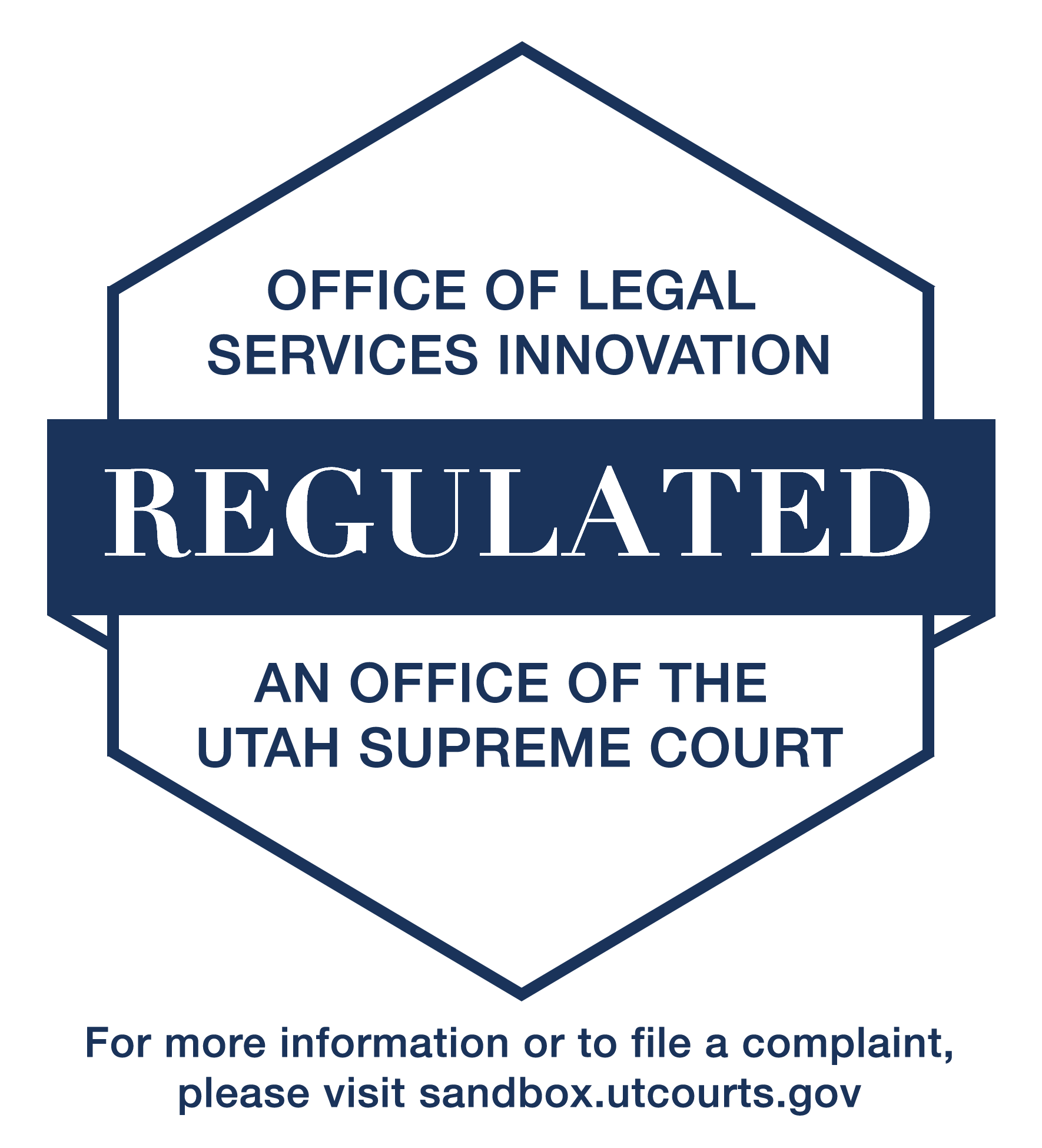It is imperative to be aware of the Utah statute of limitations if you are about to present a claim. On paper, Utah Law is very clear about the time limit. But in practice, there are many things to consider.
Finding a Utah personal injury lawyer is the best way to know which rules apply in your particular case. But getting legal representation can also help you extend that period in some cases. Here are some things to consider about the statute of limitations in Utah.
Utah Statutes of Limitations Explained
Statutes of limitations in Utah control the time a victim has to file a claim for damages. Every state has statutes of limitations, and they can be very different from one to another. Most states’ limit is between one to four years. In Utah, victims have four years for most personal injury cases.
If you were injured by someone else’s negligence, you could look for a settlement before going to court. However, to do that, you need to start negotiations while you still have time under Utah statutes of limitations. If your time is about to expire, your attorney can file a lawsuit just to get you an extension.
Also, while you might think four years is plenty of time to file a claim or lawsuit, your lawyer must take the appropriate time to build your case. Filing a claim sooner than later is important because evidence can deteriorate or be lost over time, and witness memories fade and stories can change.
Civil Statutes of Limitations on Most Common Cases
The time limit to file a lawsuit depends on many factors, including the type of claim you present. These are the statutes for some of the most common cases our attorneys have fought:
Personal Injuries
When a person gets injured by someone else’s negligence, disregard, or malice, they can present a personal injury claim. The time a victim has to file a claim is generally four years under Utah Code § 78B-2-307. Claims that qualify as personal injuries under this statute can include:
- Car accidents
- Truck accidents
- Motorcycle accidents
- Bicycle accidents
- Pedestrian accidents
- Slip and fall accidents
- Dog bites
- Assault and battery
However, not all personal injuries have the same statute of limitations. For example, your time limit is reduced to two years if you intend to file a claim for product liability and defective drugs (Utah Code § 78B-6-706).
Similarly, your time limit is cut to three years if you’re filing a property damage or trespassing claim (Utah Code § 78B-2-305). A personal injury lawyer can help you present your case on time and also fight to get an extension if you are already close to the deadline.
Medical Malpractice
Trying to file a claim for medical malpractice after the time limit expires is practically impossible. That is the reason why getting legal assistance could be necessary. Your attorney will inform you know what you need to do and when.
If you were a victim of medical malpractice in Utah, you have up to two years after the discovery of negligence to file a claim. This statute of limitations is codified under Utah Code § 78B-3-404.
However, before filing a medical malpractice lawsuit, victims must give a 90-day notice of intent to their medical provider. And 60 days after that, victims should file a request for a prelitigation panel review.
Workers’ Compensation
If you are injured on the job in Utah, you have a few separate deadlines to meet if you want to pursue compensation. You must first report the injury to your employer or the Utah Labor Commission with 180 days of the accident. Following that, you have six years to file a claim from the date of the accident to pursue workers’ compensation benefits.
Wrongful Death and Claims Against Government Employees
Under Utah Code § 78B-2-304, claimants have only two years to file a claim for damages. These are circumstances wherein a victim wishes to pursue a claim:
- Against a law enforcement officer for liability during the performance of their official duties or omission of an official duty
- For damages relating to wrongful death
- Against a state employee, such as a city bus driver, highway maintenance workers, or any municipal employee
- Against an elected public official or political subdivision of the state and its employees
Breach of Contract
Personal injuries are not the only type of civil litigation matters that have a deadline. Commercial litigation and business disputes are also subject to legal deadlines for filing a claim, especially when concerning contract law.
A breach of contract occurs when one of the parties involved refuses to honor a signed contract. For the state of Utah, the statutes of limitations start running on the date the breach is made—even if the affected party was not aware at the moment. The statute of limitations for contract breaches are:
- Written contract: Six years
- Oral/non-written contract: Four years
If your business partner did not comply with a signed contract, make sure to keep a copy of the signed document and consult your attorney. They can help you negotiate with the other parties. And if negotiations fail, you can take them to court.
Other Statutes of Limitations in Utah
A few other limitations on actions in Utah to consider include:
- Fraud: Three years
- Libel or slander: One year
- Debt collection: Four years
- Commercial rent collection: Four years, but can be shortened to one year
- Residential rent collection: Eight years for a money judgment following eviction
Criminal Statutes of Limitations in Utah
State prosecutors are also under legal deadlines if they wish to bring a criminal charge against someone. Some statutes can even be altered based on specific circumstances in the case.
These are the typical statutes of limitations for common criminal charges:
- Assault: Two years
- Arson: Two years
- Burglary: Four years
- Robbery: Four years
- Theft: Two to four years
- Disorderly conduct: One to two years
However, some crimes are so severe and egregious that there is no deadline at all to bring charges against defendants. These crimes include:
- Murder
- Manslaughter
- Rape
- Kidnapping
Tolling of the Statute of Limitations
While there are several instances where the statute of limitations can be shortened from its typical four years for personal injury cases, there are times when the deadline can be extended.
Tolling the statute of limitations essentially means extending it. The Utah legislature provides this extension to personal injury victims under the age of 18 and people with cognitive disabilities. It is unfair to put a deadline on children and people with mental illnesses.
Typically, the clock for the statute of limitations begins for minors once they turn 18. If you are unsure about the deadline in your case, your lawyer can evaluate the circumstances to let you know how much time you have.
Contact a Personal Injury Lawyer in Utah
If you or a loved one were victims of a crime or someone else’s negligence in Utah, you are entitled to claim damages. If you are not sure about how much time you have to take legal action, talk to one of our experienced attorneys.
Let us find the best way to present your claim, and if your time is running out, we may be able to extend it. 1LAW can provide you with free legal advice so that you can evaluate your options before committing to a lawsuit.




